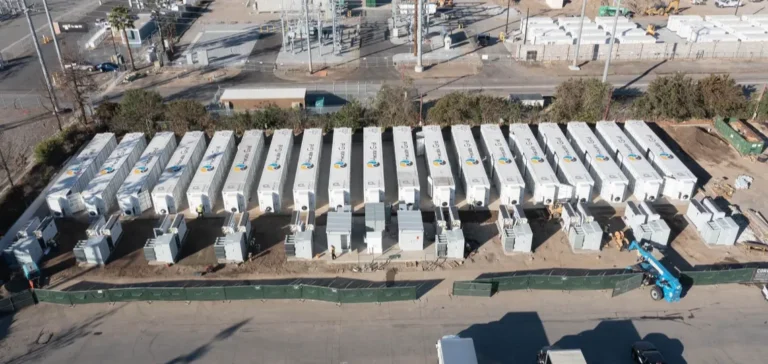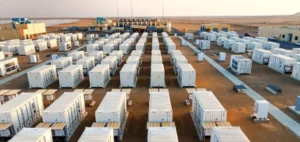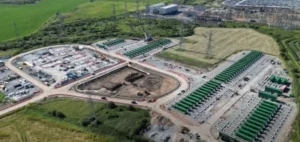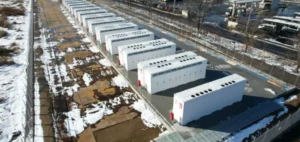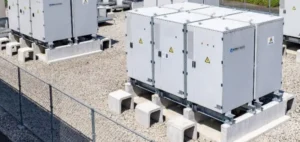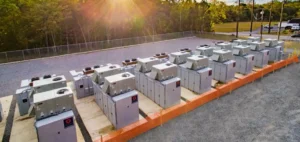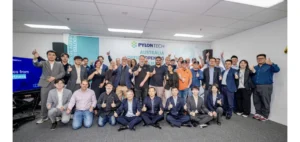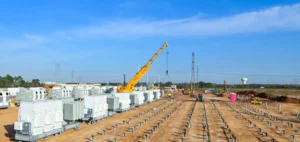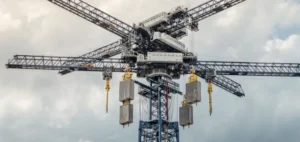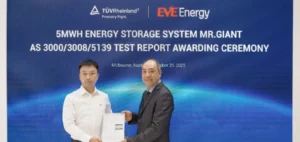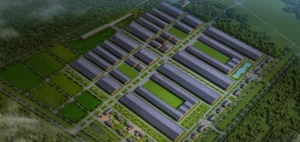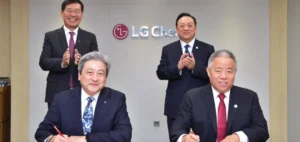US-based Jabil Inc., a global provider of engineering, manufacturing and supply chain solutions, announced a joint investment with Inno, a subsidiary of China’s Shanghai Xinpeng Industry Co. The collaboration will materialise through the construction of an industrial facility in Rayong, eastern Thailand, dedicated to producing metal enclosures for battery energy storage systems (BESS).
The facility will span 15,000 square metres across two buildings. Prototyping operations are expected to begin by the end of 2026, with construction having started in early November. This project builds on a long-standing partnership between Jabil and Shanghai Xinpeng Industry, which has provided metal fabrication and design services for multiple industries since 2014.
Cost reduction and logistical proximity
Metal enclosures constitute a significant cost factor in BESS due to high raw material and welding expenses. These components have traditionally been manufactured in China and shipped to secondary integration sites. The new plant aims to cut these logistical costs by bringing production closer to consumption centres while reinforcing Jabil’s industrial capabilities in the Asia-Pacific region.
Located just 25 kilometres from Laem Chabang, Thailand’s largest port and the fourth largest in Southeast Asia, the Rayong site is strategically positioned to optimise logistics and enable access to regional and global markets.
A response to geopolitical fragmentation
According to Brent Tompkins, Senior Vice President of Jabil’s Global Business Units for Energy Infrastructure, geopolitical tensions and tariff barriers are pushing clients to diversify their supply chains. The new site will allow Jabil to offer an end-to-end solution, from enclosure manufacturing to final integration of BESS, in a secure and cost-efficient location.
Jeffery Shen, Chief Executive Officer of Shanghai Xinpeng Industry, stated that this partnership is a strategic milestone for Inno, strengthening its role in the energy storage market. He also highlighted the growing demand for energy solutions to support expanding artificial intelligence infrastructures globally.


